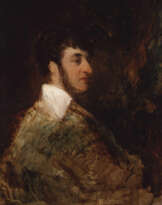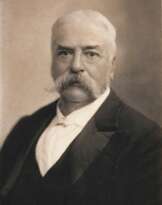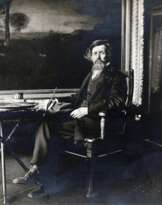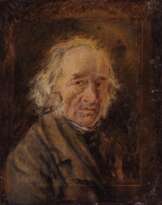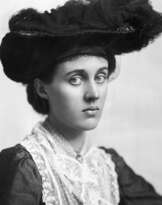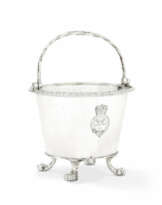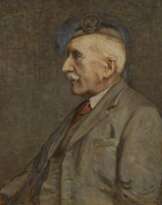Frederick William Rolfe (Baron Corvo, 1860 - 1913)
.jpg)
Frederick William Rolfe
Frederick William Rolfe (1860–1913), also known by his self-bestowed title "Baron Corvo," was an English writer, artist, and photographer whose life and work were marked by eccentricity and a persistent quest for recognition. Born on July 22, 1860, in Cheapside, London, Rolfe was the son of a piano maker. He left formal education at fourteen to pursue a career in teaching, holding a brief tenure at The King's School in Grantham.
In 1886, Rolfe converted to Roman Catholicism, a decision that profoundly influenced his personal and professional life. Aspiring to the priesthood, he enrolled at St. Mary's College, Oscott, in 1887 and later at the Scots College in Rome. However, his unconventional behavior and apparent lack of commitment led to his dismissal from both institutions, leaving him embittered and with an unfulfilled clerical ambition.
Following these setbacks, Rolfe turned to writing and art. His literary debut, "Stories Toto Told Me" (1898), is a collection of tales reflecting his fascination with Italian culture and Catholicism. This work was followed by "In His Own Image" (1901) and "Chronicles of the House of Borgia" (1901), showcasing his diverse interests and narrative skill.
Rolfe's most acclaimed novel, "Hadrian the Seventh" (1904), is a semi-autobiographical fantasy in which an Englishman, much like Rolfe himself, is unexpectedly elected Pope. The novel delves into themes of unfulfilled potential and personal vindication, mirroring Rolfe's own experiences with the Catholic Church.
Despite his creative output, Rolfe struggled with financial instability and strained relationships. His patronage from Caroline Shirley, Duchess Sforza Cesarini, provided some support, but his often abrasive personality led to conflicts, notably with Father Charles Sidney Beauclerk during his time in Holywell. These disputes further isolated him from potential allies and patrons.
In addition to writing, Rolfe was an accomplished photographer and painter, though these pursuits did not bring him significant financial success. His later years were spent in Venice, a city that inspired his posthumously published work, "The Desire and Pursuit of the Whole" (1934). Rolfe died there on October 25, 1913, at the age of 53.
Rolfe's life and career were characterized by a complex interplay of talent, ambition, and personal idiosyncrasies. His contributions to literature, particularly through "Hadrian the Seventh," have secured him a place in English literary history, while his tumultuous relationships and self-styled nobility continue to intrigue scholars and readers alike.
| Nickname: | Baron Corvo |
|---|---|
| Date and place of birt: | 22 july 1860, London, United Kingdom |
| Date and place of death: | 25 october 1913, Venice, Italy |
| Nationality: | United Kingdom, Italy |
| Period of activity: | XIX, XX century |
| Specialization: | Artist, Cartoonist, Graphic artist, Painter, Photographer, Poet, Writer |
| Genre: | Portrait |
